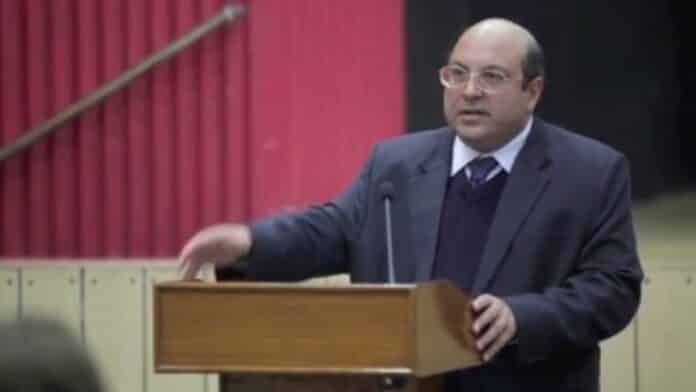Former Supreme Court judge Rohinton Nariman on Friday said a collegium of retired judges could be formed for recommending judges for appointment to the high courts.
Delivering the Bansari Sheth Endowment Lecture on “The Constitution of India: Checks and Balances,” he also stressed the importance of the media as a watchdog and said the courts must be very vigilant when there are any attacks on the media.
The present collegium system was the “worst system but there is nothing better”, he quipped.
“I would suggest a collegium of retired judges. These judges would then sit with the government officials, take consultations with everyone including the Chief Justice of India and other senior judges and lawyers, and then recommend judges,” Nariman said.
The appointment of judges through the collegium system has often become a flashpoint between the Supreme Court and the Centre, with the mechanism drawing criticism from different quarters.
Referring to the ban on a BBC documentary on the 2002 Gujarat riots, he said that afterwards, the BBC was “harassed by tax raids” and it was “the first difficult questionable incident that took place earlier this year.”
Any time there is any onslaught on the media, the courts must be vigilant to spot it, and if there are such tax raids then they must be held illegal, the former Supreme Court judge said.
Also Read
“If the watchdog is killed, then nothing remains,” he added.
Referring to the abrogation of Article 370, Nariman said the judgment of the Supreme Court earlier this week which upheld the Narendra Modi government’s decision — whereby the special status enjoyed by Jammu and Kashmir came to an end — had a tremendous impact on federalism.
The government bifurcated the erstwhile state into two Union Territories to bypass Article 356 which says when there is a constitutional breakdown in a state the Centre takes over but with certain conditions including a time limit, Nariman said.
“In no circumstances can it go beyond one year, unless there is national emergency or the election commission says elections are not possible,” the former SC judge said.
“Neither obtained in this case. So how do you bypass it? You bypass it by this ingenious method of making this state Union territories, where you have direct Central control and no problem as to the time (period),” he added.
There has been no democratic government in the erstwhile state since 2019 which was a “very, very disturbing feature,” he said.




